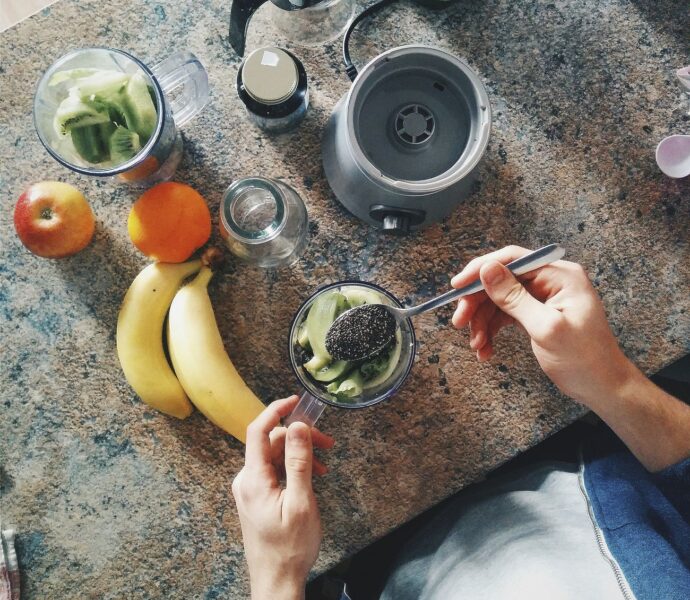
Being healthy has become the latest trend and many have decided to share their personal lifestyle on social media platforms, promoting both physical and mental wellbeing. Posting this type of content can prove beneficial, motivating the general public to exercise, eat healthy, meditate or take some time to care for one’s mind. However, when self-care doesn’t feel natural but forced, it’s important to ask yourself if this obsession with being ‘the best version of yourself’ isn’t harmful.
Exercising, making nutritious food and organising a sleeping schedule are some of the main health trends that are now in fashion. Social media users have a tendency to show the most visually pleasing and positive image of themselves to the world, trying to prove to others that their schedules are full of these types of activities. When you scroll through your Instagram feed, you notice their perfect lives, filled with early morning routines, ‘aesthetic’ class notes and other personal achievements. You cannot help but think that you are living your life worse than them, forgetting that those type of posts were meant to make you feel motivated and pleased with yourself, and are often just fragments of that person’s rather ordinary life.
When self-care doesn’t feel natural but forced, it’s important to ask yourself if this obsession with being ‘the best version of yourself’ isn’t harmful
Carl Cederström, a professor at Stockholm University, has highlighted that if you think of yourself lesser based on your lack of achievements, it is easy to start to treat yourself ‘not just as a commodity, but as a project’. The negative feelings towards yourself after seeing idealised content online are a natural reaction to such stimuli. You stop seeing yourself as a human being who is capable of having a bad day and is not always one hundred percent productive and efficient. You start to treat yourself like an ongoing project that is not finished yet. Wellness has, in a sense, become an ideology, having a negative effect if you obsess over it too much and you don’t see yourself as worthy enough.
A useful advice to coping with this feeling that you can never catch up with yourself is to take a step back and tell yourself that no matter what you are experiencing, you are allowed to take a break. Everyone has a bad day and forgets to wake up early or to do exercise every once in a while, even the ‘perfect’ influencers that feed you their orchestrated lives through social media. The health movement is toxic if it serves only to brag about the artificial, perfect life that you have created for yourself.
Carl Cederström, a professor at Stockholm University, has highlighted that if you think of yourself lesser based on your lack of achievements, it is easy to start to treat yourself ‘not just as a commodity, but as a project’.
Logging out of social media and focusing on activities such as reading or journaling can also help you overcome the stress of never being enough. Writing your fears on paper can be therapeutic as it helps you release the negativity. A list of what you have already achieved and what you feel proud of can also help you notice that you’ve come a long way, and that the content you consume is not comparable with real life. If you want to create a useful habit, approach it with calmness and prepare a To-Do List that can help you keep track of your health. And if you are too busy and don’t manage to complete it all, don’t worry. After all, negative emotions will only have a worse impact on your wellbeing. Humans are not perfect, and it helps to remember that every once in a while.


